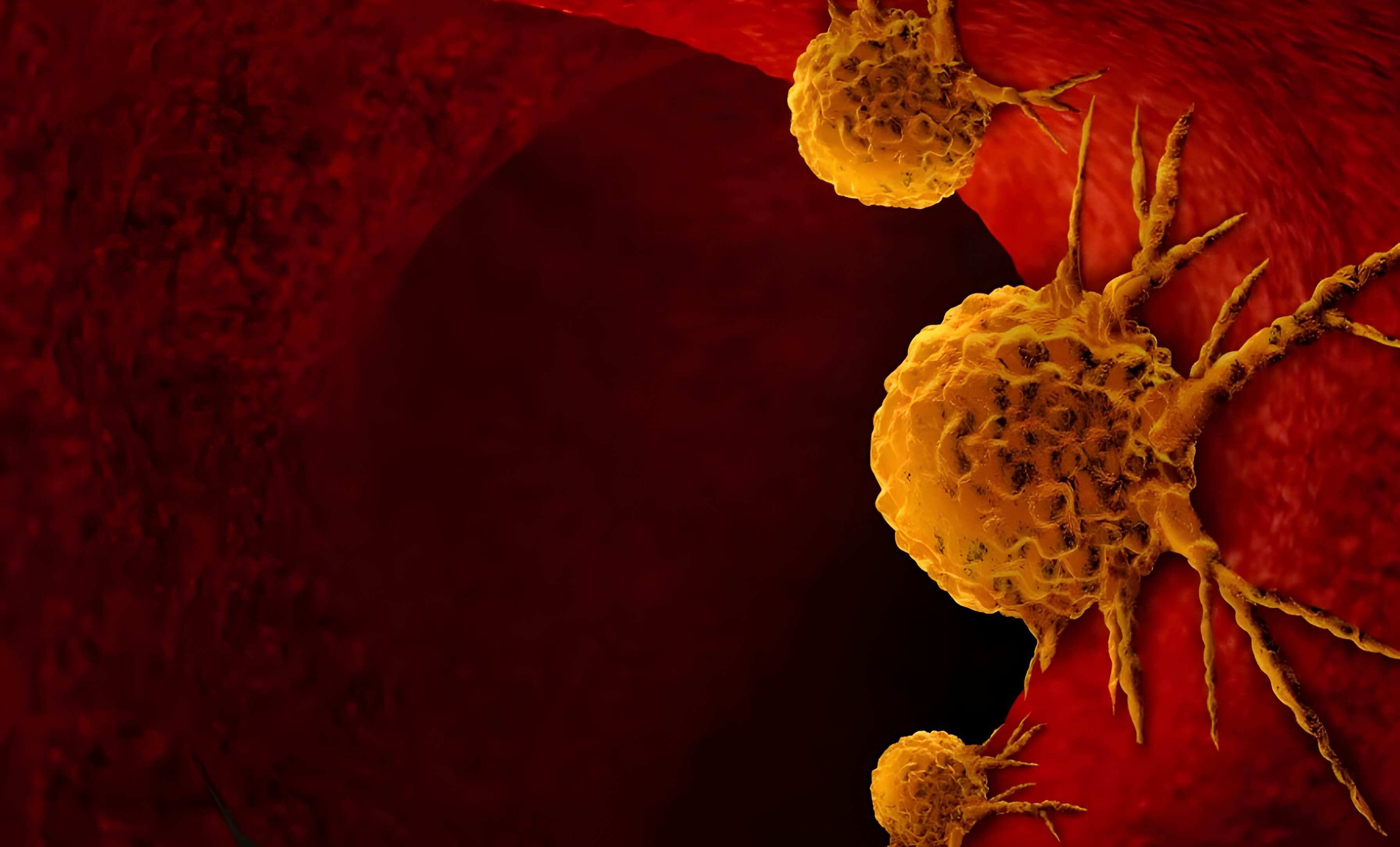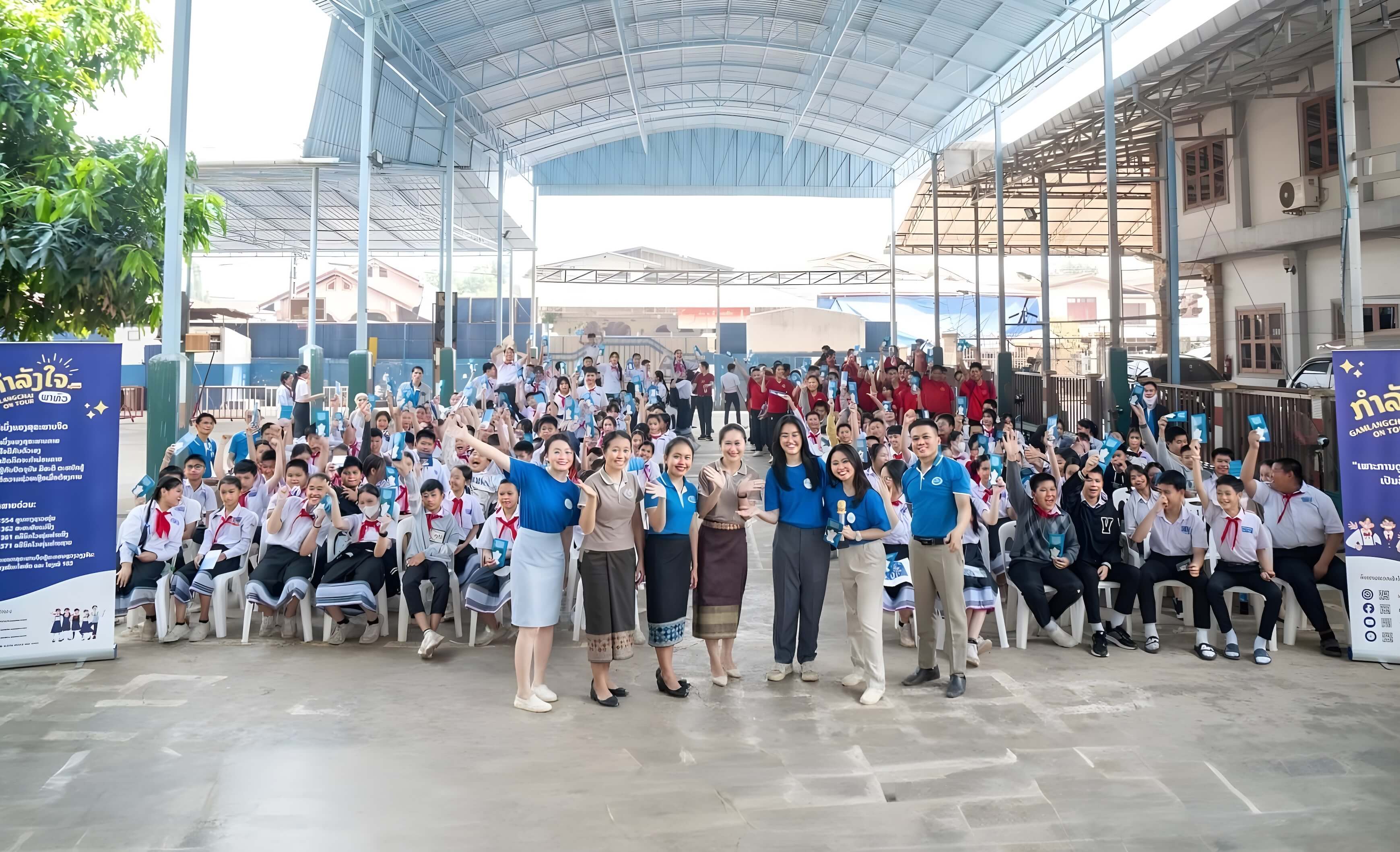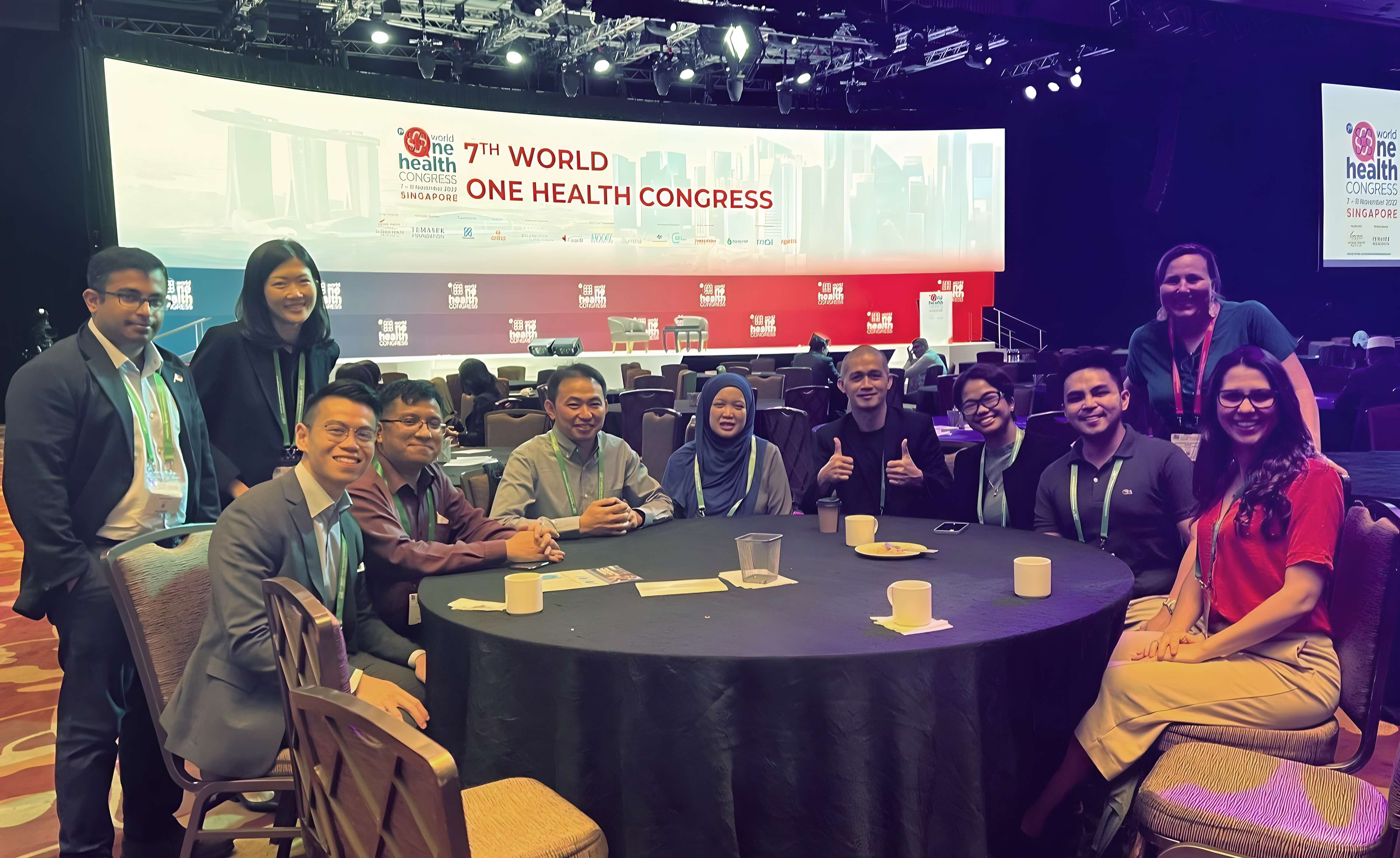



Participants from the ASEAN Member States and India gathered in New Delhi from 20 to 21 July 2023 for a Conference on Traditional Medicine. Themed “Role of Traditional Medicine in India and ASEAN Countries in the Mitigation of the COVID-19 Pandemic,” the conference was a collaborative platform aimed at discussing the integration and advancement of Ayurveda and other traditional systems of medicine in combating the COVID-19 pandemic.
The conference was organised by the India’s Ministry of Ayush, responsible for the development and propagation of the Ayush healthcare systems. Ayush is an acronym for Ayurveda, Yoga & Naturopathy, Unani, Siddha, Sowa Rigpa, and Homoeopath. Representatives from Brunei Darussalam, Indonesia, the Lao PDR Malaysia, Myanmar, the Philippines, Thailand, Viet Nam, and the ASEAN Secretariat participated in the conference. It was pivotal in disseminating successful practices, such as the use of traditional herbal remedies in COVID-19 treatment, and strategising the future of traditional medicine within the region, particularly in achieving Sustainable Development Goal 3, which focuses on good health and well-being.
The holistic approach of Ayurveda in COVID-19 care
One of the major highlights of the conference was the discussion on the role of Ayurveda and other traditional medicine systems in addressing the COVID-19 crisis. Participants emphasised a holistic approach encompassing mind, body, and soul, a perspective implemented in various COVID-19 health centres to significantly enhance patients’ overall well-being. Integrating the Ayurvedic approach into health systems helped prevent secondary infections and provide effective care for COVID-19 patients. Extensive efforts were made to raise awareness and disseminate COVID-19 response strategies based on Ayurvedic principles. Efforts to explore and utilise traditional medicines, such as AYUSH-64, in COVID-19 care were also highlighted. This initiative underscored the importance of multisectoral collaboration among the Ministry of Ayush, research institutions, academia, and pharmaceutical manufacturers.
ASEAN Member States and traditional medicine
Various ASEAN Member States shed light on their experiences and initiatives related to traditional medicine in COVID-19. Traditional medicines were recognised as effective complementary treatments for COVID-19 symptoms. The pandemic spurred research into the antiviral potential of traditional medicines and their role in preventing and treating COVID-19 symptoms. Initiatives were launched to integrate traditional medicines into mainstream health services for COVID-19 treatments, and significant efforts were made to train healthcare workers to utilise these traditional medicines. The need for more profound research into traditional medicines’ quality, efficacy, and safety was emphasised to obtain robust scientific evidence. This need was coupled with a call for multisectoral collaboration, highlighted as crucial for knowledge sharing and achieving optimal outcomes in COVID-19 treatments.
Advancing traditional medicine systems in ASEAN
The conference delved into the modalities for advancing traditional medicine systems within ASEAN Member States. India, in particular, shared significant insights into their current initiatives and reforms. India is reforming its Ayush education system to enhance the quality and establish robust educational institutions for Ayurveda, Siddha, Unani, and Homeopathy (ASU&H), which are traditional systems of medicine. Efforts are also underway to restructure regulatory bodies to ensure the quality, efficacy, and safety of ASU&H drugs. Additionally, initiatives were discussed to collect and analyse data to provide scientific backing for ASU&H practices.
Key initiatives noted by the conference
The conference noted several critical initiatives to advance traditional medicine systems in the ASEAN Member States. Among these was the finalisation of the ASEAN Agreement on the Regulatory Framework for Traditional Medicine, focusing on quality, safety, and efficacy. Efforts to promote traditional and complementary medicine (T&CM) included multisectoral collaboration with various ministries, community outreach through printed and digital platforms, and museum exhibitions. Strengthening human resource competencies through capacity building for traditional healers and cooperation with higher education institutions and relevant ministries was also emphasised. Improved governance through national policies and laws on T&CM, increasing the availability of T&CM-related majors in tertiary education institutions, ongoing research and development, and post-market surveillance of T&CM products were highlighted as essential components of the strategy. Furthermore, regional collaboration through established platforms like the ASEAN Task Force on Regulatory Framework for Traditional Medicine and Health Supplements (TMHS) and ASEAN Health Cluster 3 are critical for successfully implementing these initiatives.
The conference highlighted the significant potential of traditional medicine systems like Ayurveda in enhancing health resilience and well-being in the ASEAN Member States. Through collaborative efforts, research, and regulatory reforms, conventional medicine can play a crucial role in achieving sustainable health outcomes and addressing future health crises. The integration of traditional and modern medicine practices, supported by robust scientific evidence, offers a promising path forward for the region. This comprehensive approach aims to create a resilient health infrastructure that effectively manages current and future health challenges.








